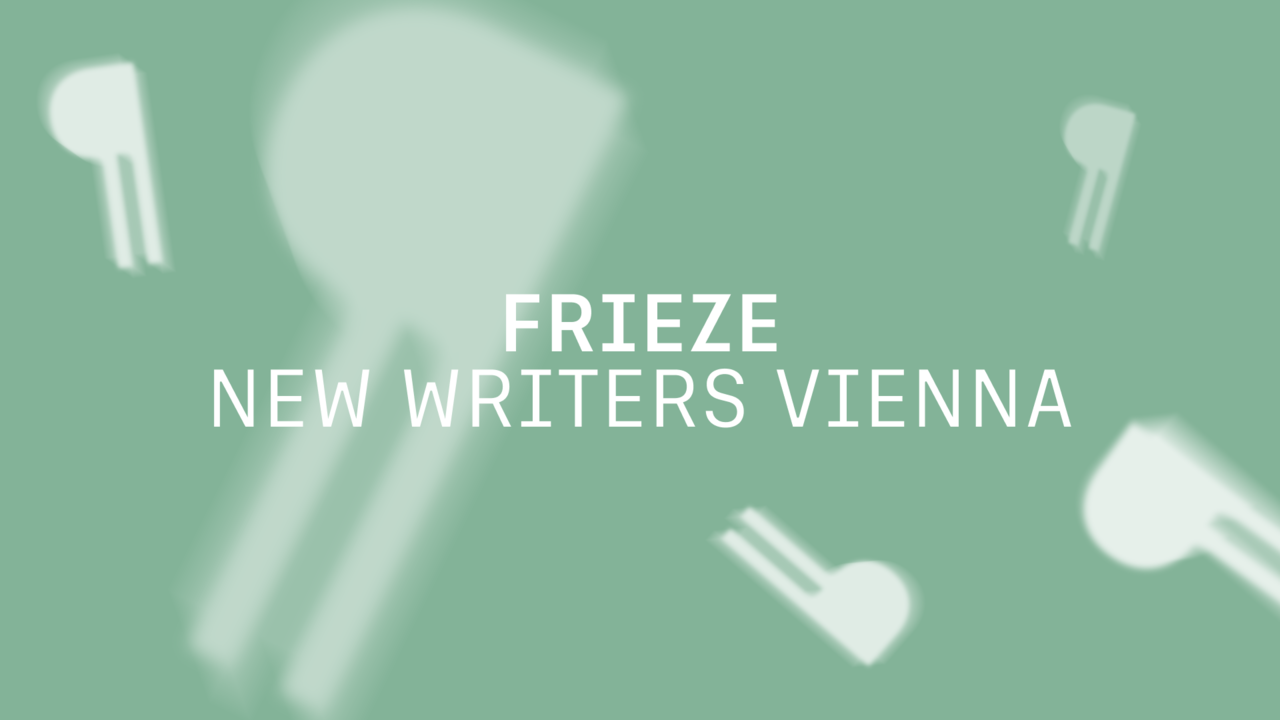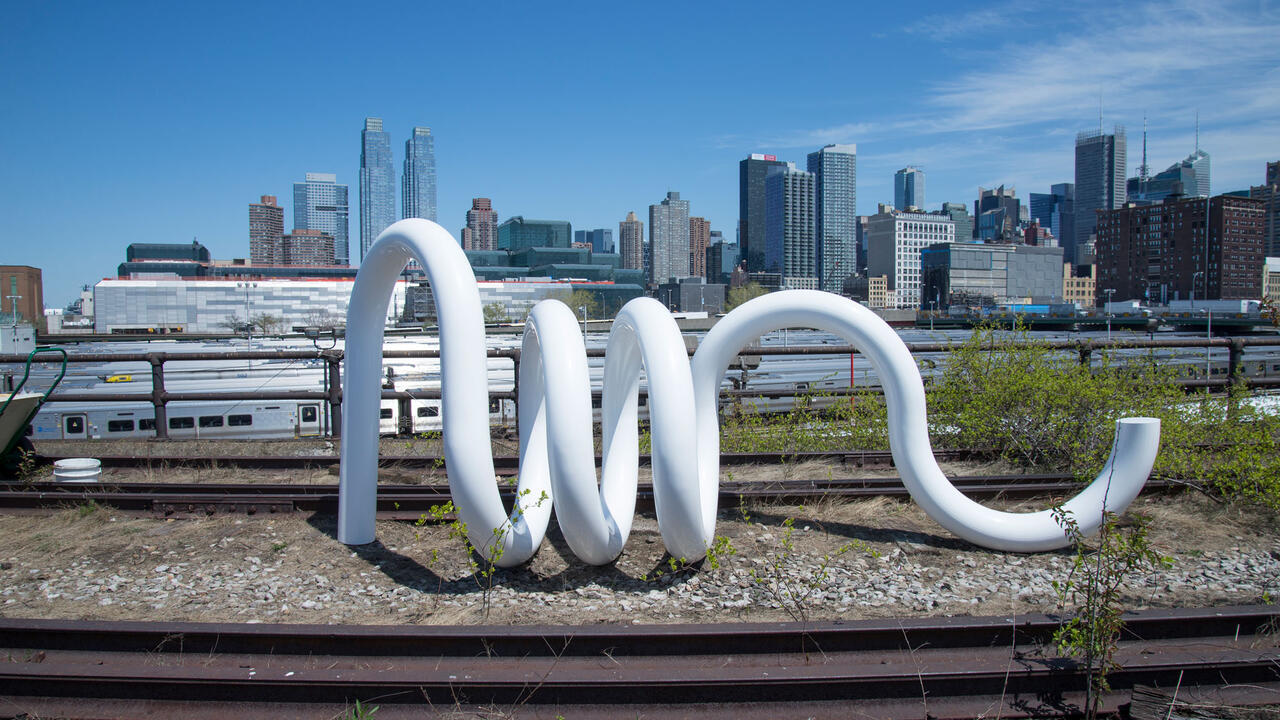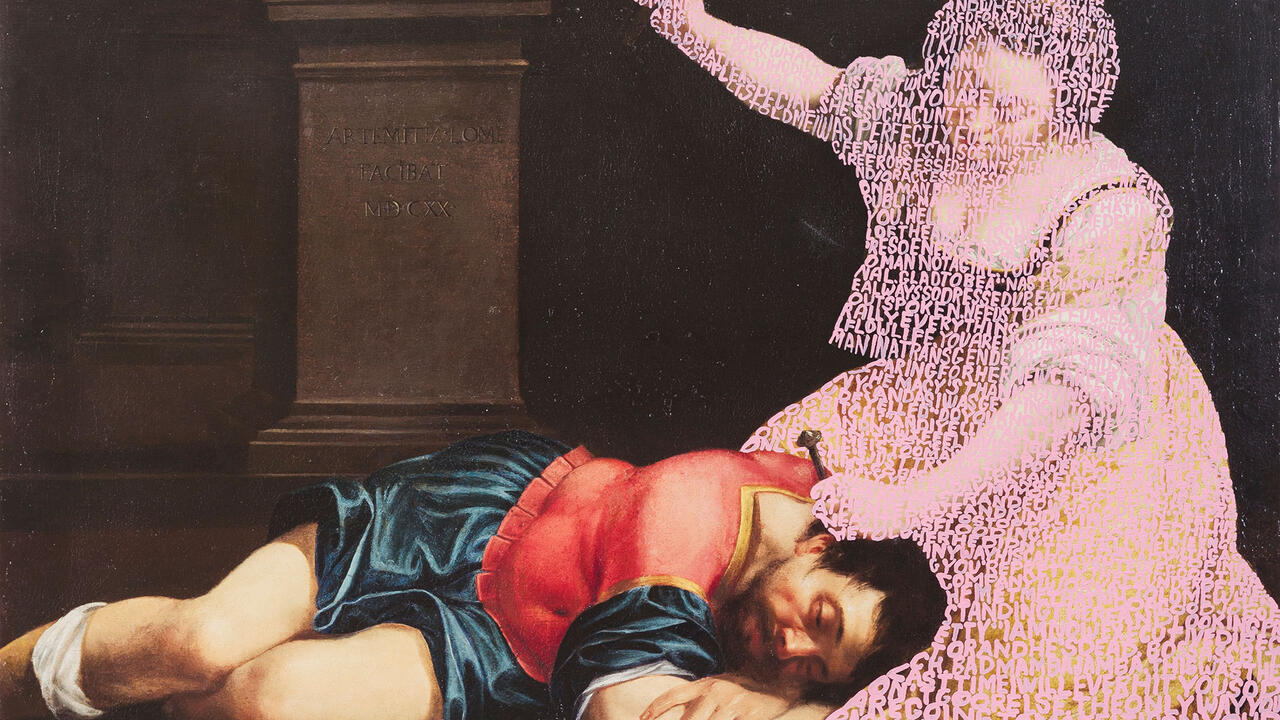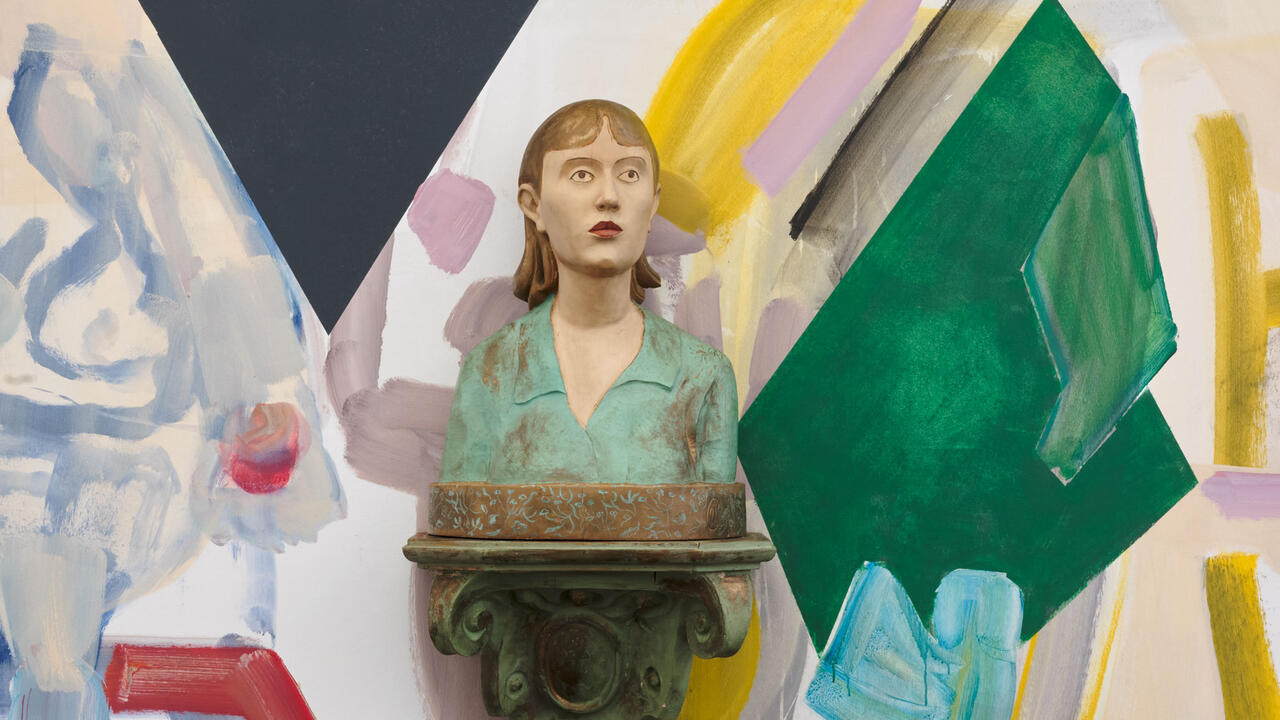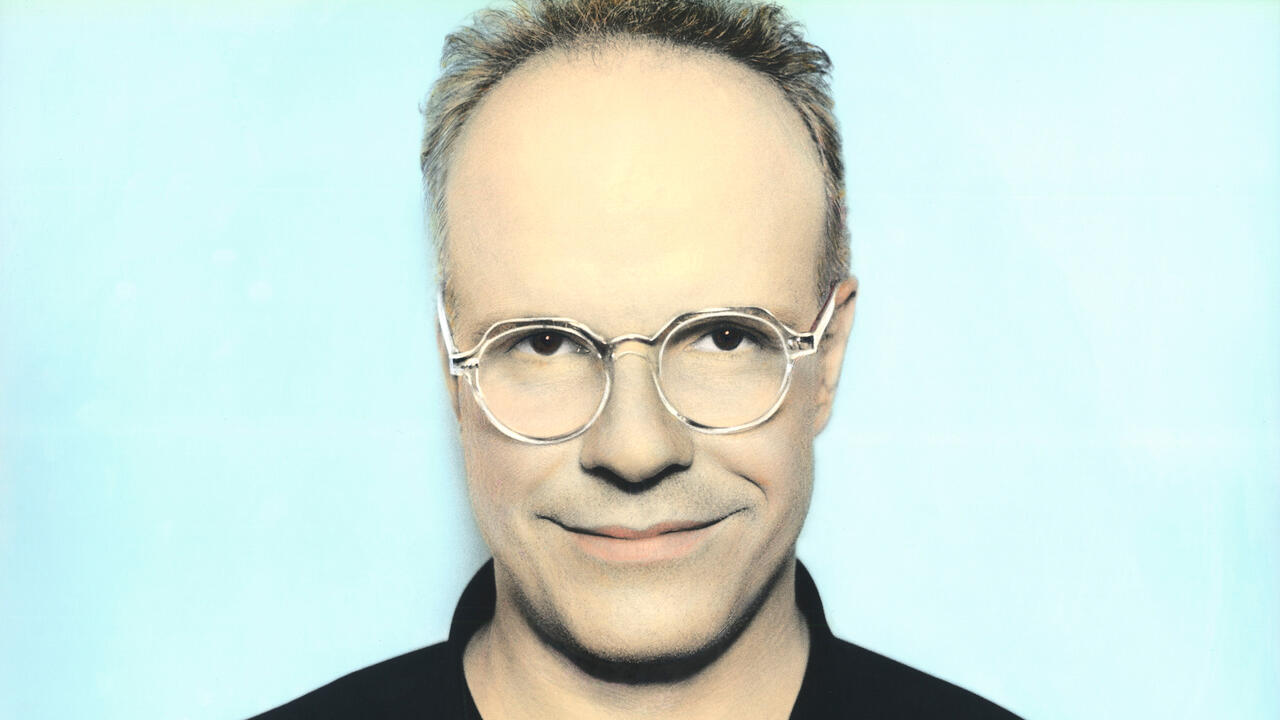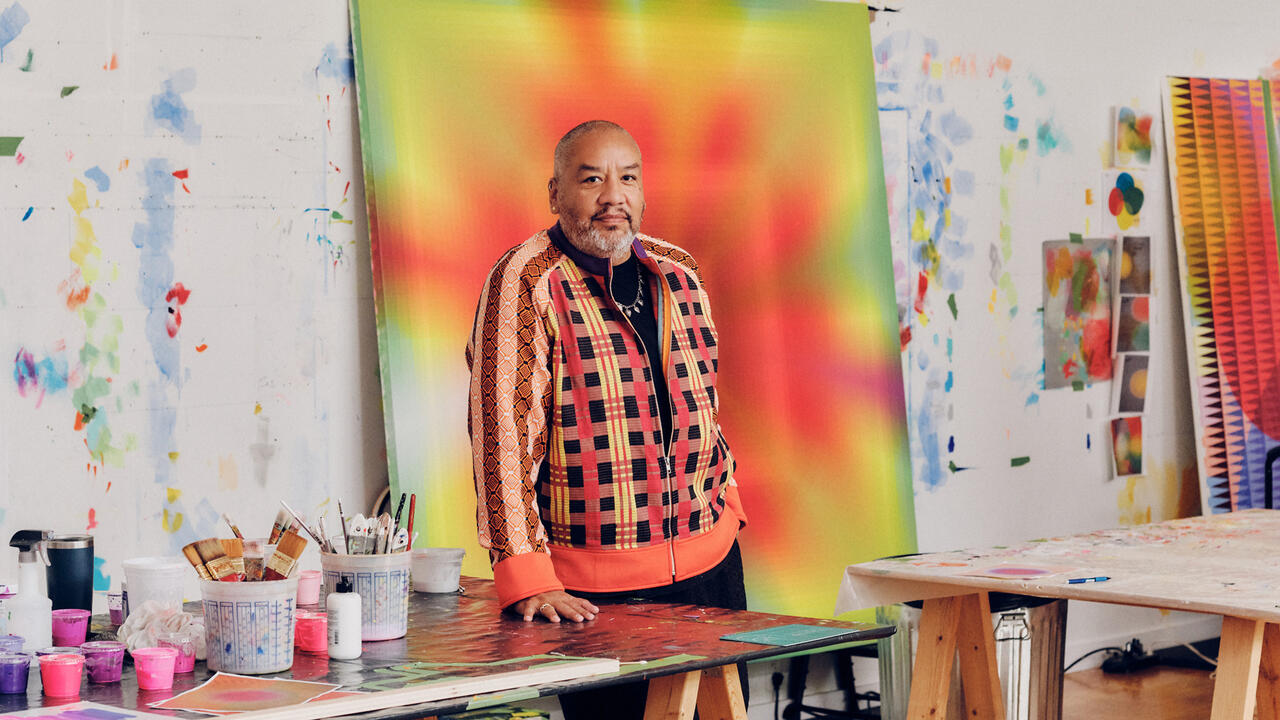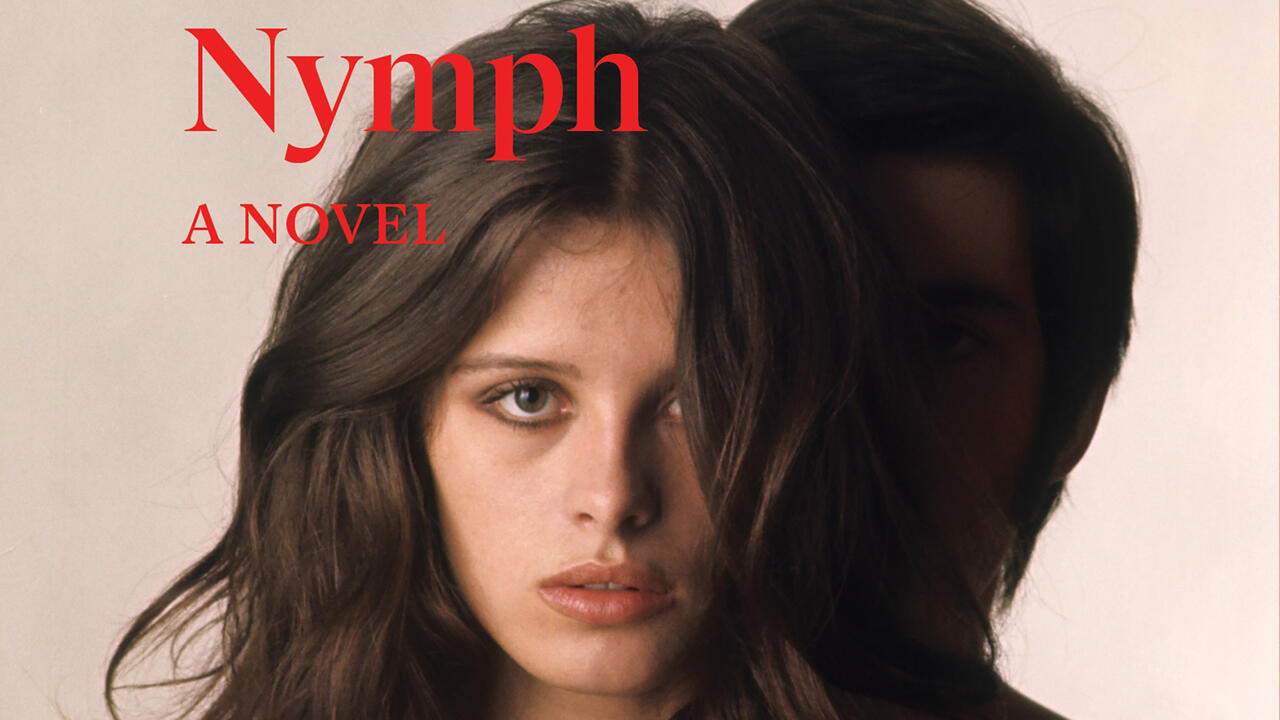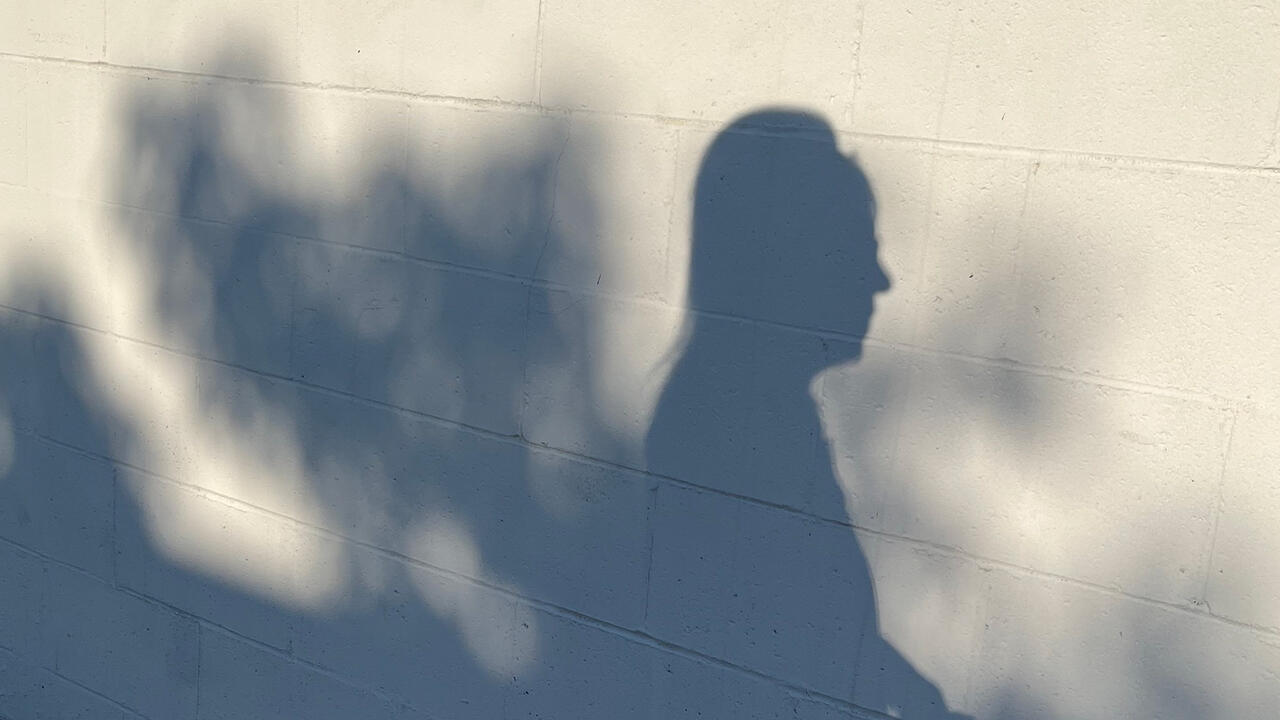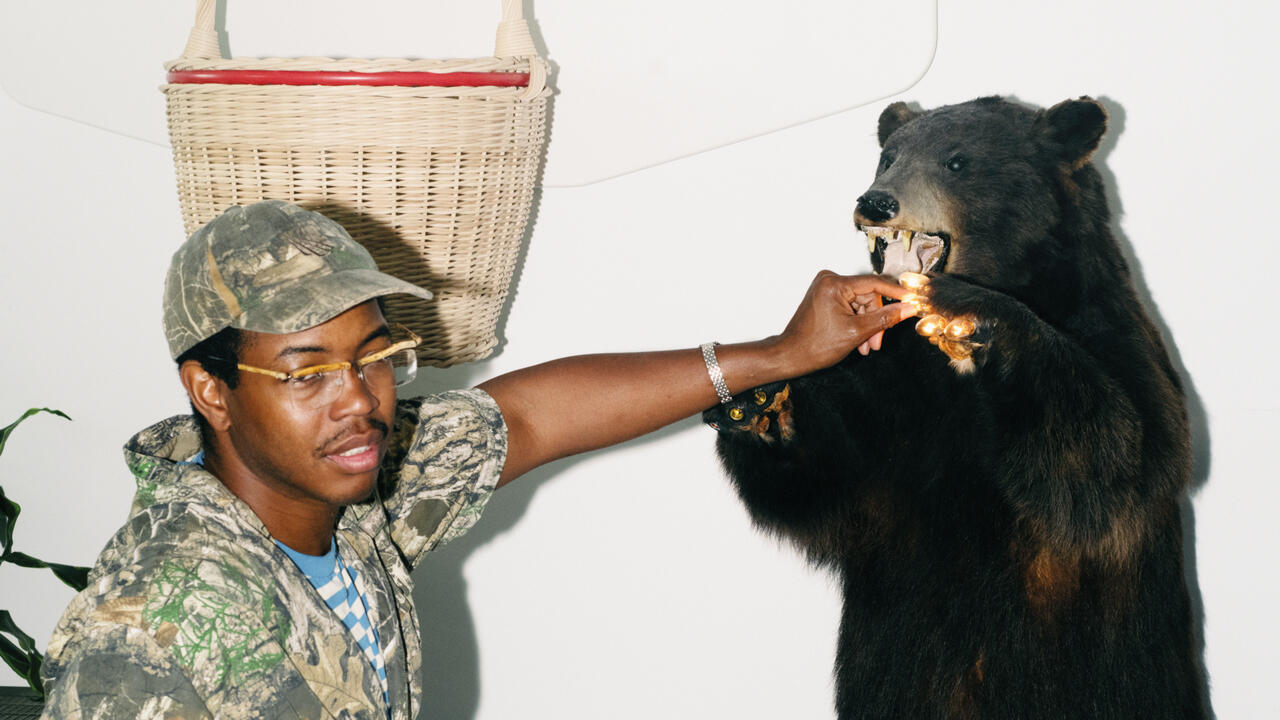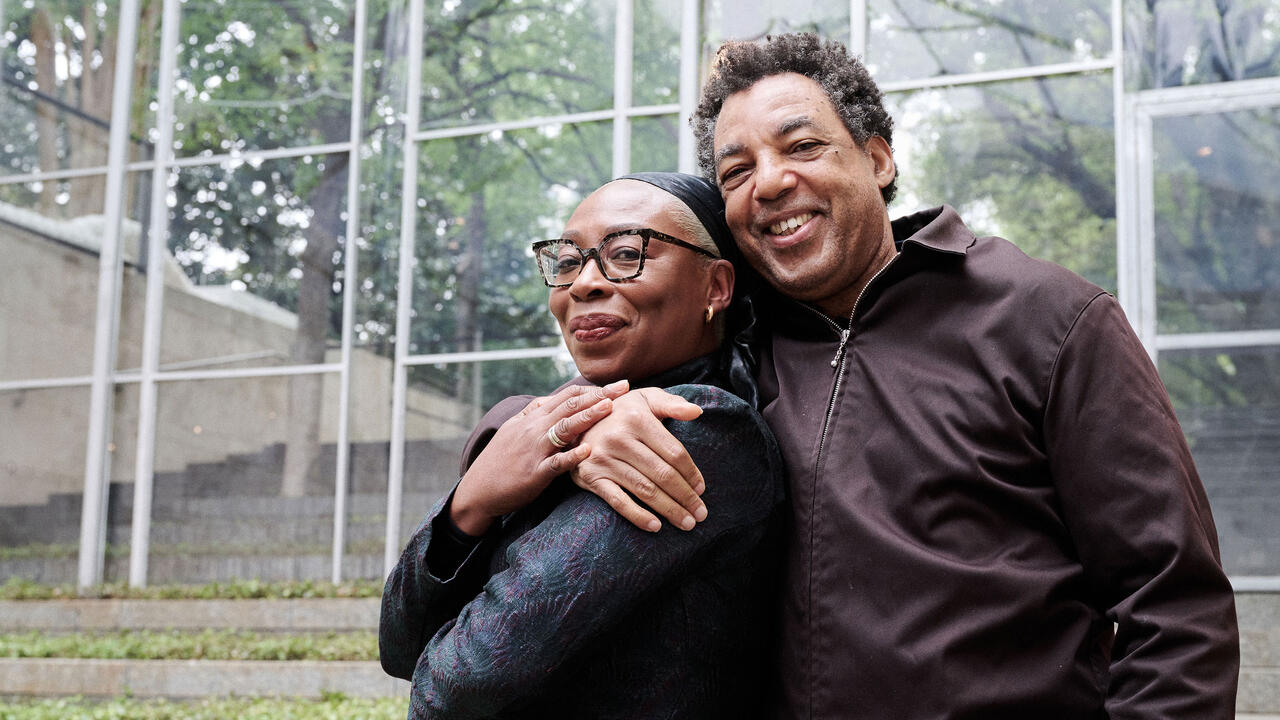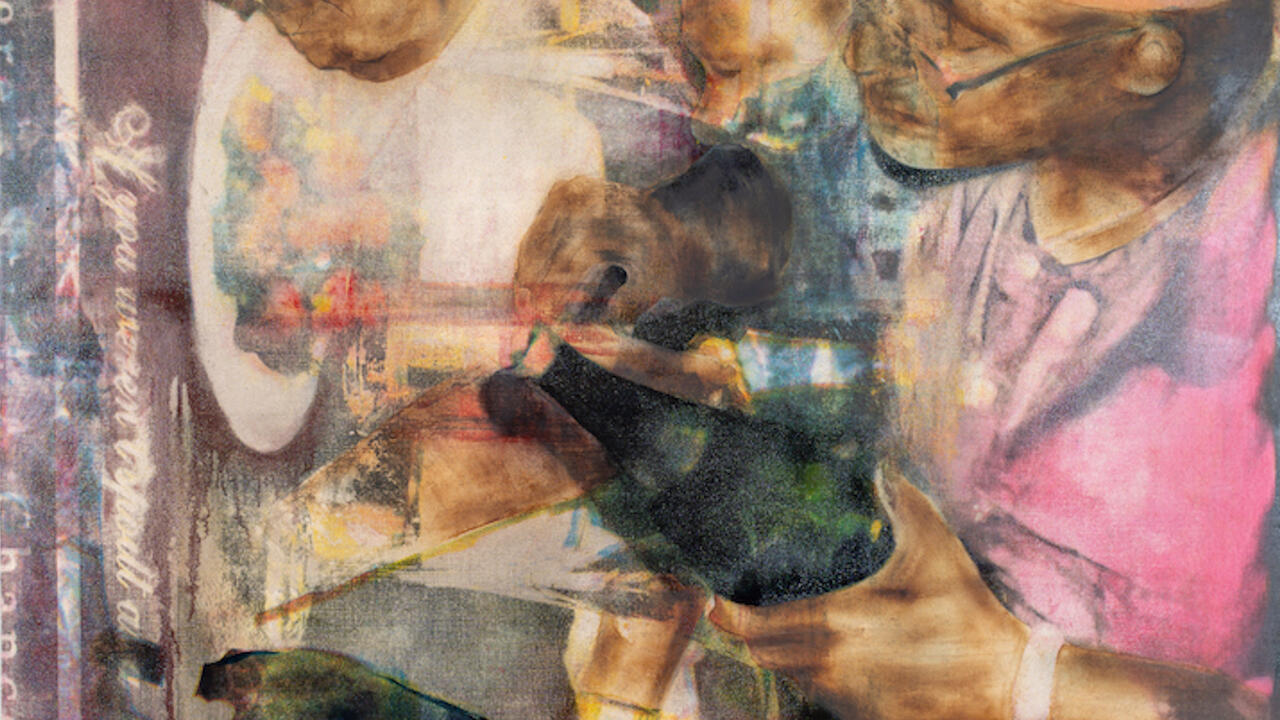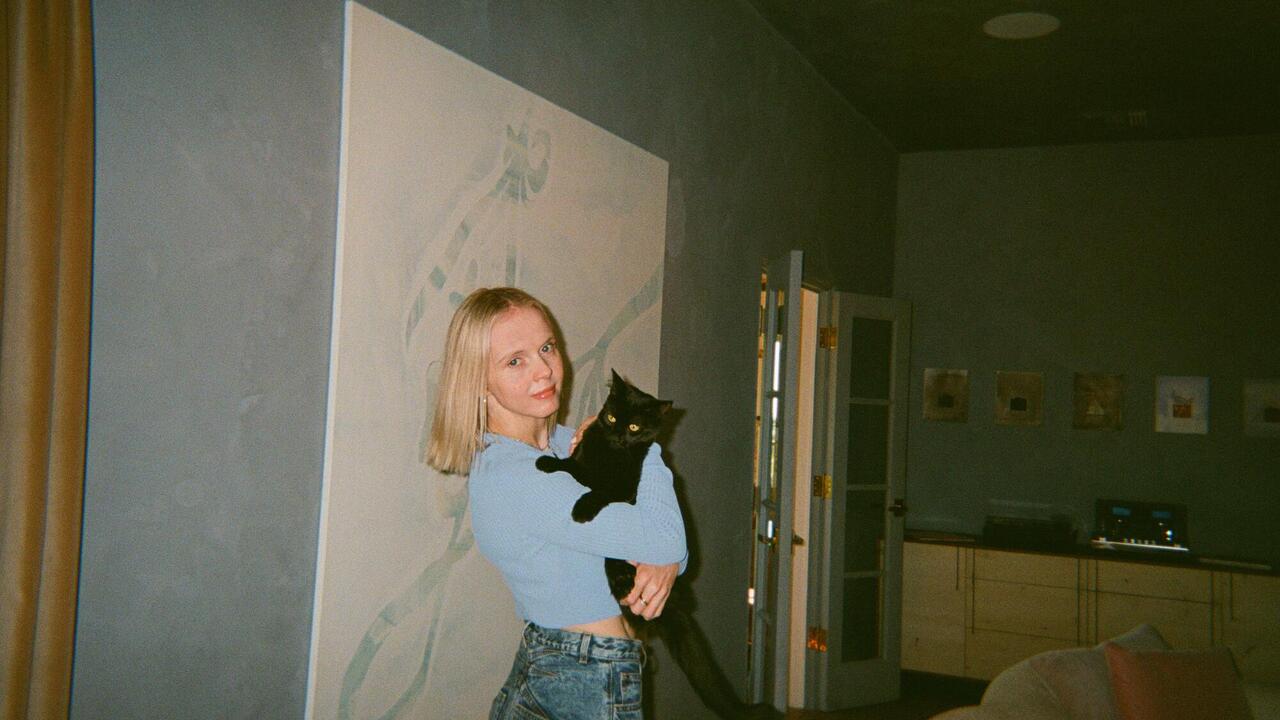Hauntings in the Archive
Nina Höchtl and Julia Wieger discuss researching the Austrian Association of Women Artists and their efforts to disrupt unreliable histories
Nina Höchtl and Julia Wieger discuss researching the Austrian Association of Women Artists and their efforts to disrupt unreliable histories

An understanding of history as unreliable – a subjective, edited text, fallible to human error or deliberate bias – has been much explored in recent politics and art practice. The archive has become both a physical and rhetorical space in which to challenge omissions, gaps and absences and ask questions about hierarchies of power. Who, and how, do we remember, and why? The intricate relationship between feminism and the archive – the notion of activating and preserving marginalized history as a form of collective resistance – has been addressed by academics such as Kate Eichhorn, a lecturer in writing and cultural theory at The New School in New York, who perceive an engagement with the past as a means to stage radical, progressive interventions in the present. Akin to other energized forms of political intervention, the archive is there to be reclaimed.

SPUKEN IM ARCHIV! (Hauntings in the Archive!) (2017), which screened as part of the recent 2017 London Feminist Film Festival, is a project that embodies Eichhorn’s premise. Co-directed by artist Nina Höchtl and architect Julia Wieger, the film reflects on the his/herstory of the Austrian Association of Women Artists (VBKÖ) through its century-old archive of letters, photos, meeting minutes, catalogues and countless other documents. Höchtl and Wieger have been involved with the VBKÖ in varying capacities since 2007. In 2012, they founded the Secretariat for Ghosts, Archival Politics and Gaps (SKGAL) in order to enable a critical analysis of the association’s history – significantly the entanglement of the VBKÖ with Austro-fascism and National Socialism. It was important to Höchtl and Wieger to make these archival materials freely available through an open and accessible public space within the VBKÖ. During their own research periods, they became intrigued more by what was absent than what was there: ‘the opinions that were made in the corridor, opinions that were not expressed, testimonies of resistance that did not make it in, things that were taken out, or not included to begin with.’ For them, these ghosts, the knowledge gaps in the association’s public history, needed examining, in order for the VBKÖ to successfully progress as an institution that can foster contemporary feminist agendas.
Philomena Epps What has the reception been to the film, inside and outside the VBKÖ?
Nina Hoechtl Last year, when the film was still in production, we did a series of performative screenings in a few Austrian cities. In Innsbruck, a man presented his own research about the particularities of association politics in postwar Austria. He explained that many associations – not only artistic ones – haven’t researched their Nationalist histories. Due to the fact the President of the VBKÖ wasn’t an explicit member of the Nazi party in 1945, although she was a sympathizer, the association wasn’t closed. This happened nationally – there was one rule in principle and another in practice.
Julia Wieger In Helsinki, during one of our lecture performances which led to the film, a woman aggressively interrupted us to say that our research was impossible and inaccurate. It was one of the strongest reactions we’ve had. In Vienna, we met similar resistance within the VBKÖ. An art historian approached us, arguing that everything had been already been researched and that we should stop.

PE You talk in the film about the ‘haunting presence’ of the VBKÖ’s history. I'm interested in this idea of an intergenerational dialogue with the ghosts – that we need to address the unresolved spectres of the past that haunt us in the present, in order to have a productive future.
NH The archive has the potential to rework and challenge monolithic and hegemonic history narratives. Everyone is aware that the answers in history books are filtered, singular opinions. People have different approaches to the past, and how to deal with it. We wanted to communicate with these ghosts, as evil as they might be, because they will continue to haunt us otherwise. We wanted to cast a spell on them somehow. History is a spiral. As we can see today, these right-wing politics have always been around, it’s just now the actions are more clearly stated, more clearly performed.
PE Do you feel a sense of responsibility?
JW Responsibility is the right word – it was our initial feeling when we first looked into the archive. We knew about the VBKÖ's history, but when you see the documents, it becomes evidence, and we became witnesses. It was our responsibility not to ignore it.
NH We only had access to the archive because we were on the board of the VBKÖ. However, our personal politics began to eclipse our responsibility to the association. That’s why we began collaborating. Julia has a similar ethical ground to me. I knew I couldn't be part of the association without knowing what happened. I couldn’t organize an exhibition or a programme that didn't include research about the complex and contradictory foundations of the VBKÖ. This sense of responsibility meant we often worked unpaid. There was a lot of self-exploitation; personal passion often means you end up sacrificing a lot. However, we are in a privileged enough position to still be able to carry out volunteer work. This position of privilege intersects with our sense of responsibility, how can we share this privilege with others. It’s a complex and contradictory situation, but I find it productive.

PE In the post-screening discussion at LFFF, Althea Greenan (curator of the Women’s Art Library at Goldsmiths, London) mentioned that archives should be considered collections of conversations. This notion of dialogue seems important to the film, which is available in three languages – German, English and Spanish. I wanted to talk about working as a collective and the importance of sharing knowledge.
NH The film is licensed under Creative Commons so that it will be able to be watched for free in a year’s time. We wanted it to be available without a password so that people can access it worldwide, and feel free to comment on it, edit it, re-use it – whatever they want. Making it open-source was important. Very early on, we actually wanted to digitize the archive, but soon realized that we wouldn’t be able to afford it.
JW When we first started working with the archive’s material, we created lecture performances. However, the reason we shifted to film from the performance mode was so we could create something that could exist without us. We wanted the film to exist in the archive, and to be able to trigger future artists’ work. Our intention and idea from the beginning was to create a form of shared research, and to involve a larger group of people, not only us. We wanted it to be an ongoing, open and public discussion. Three years ago, I ran a series of seminars at the Academy of Fine Arts about feminist archives, and I used the VBKÖ as a case study. I took a group of students on a walking tour of the archive – the footage of which features in the film. We carried on working together as a group after the semester ended, organizing discussions on resistance and the archive, and they shared ideas with us about the direction of the film. We carried on working together as a group after the semester ended, organizing discussions on resistance and the archive, and a few months later a walking tour through the archive – the footage of which features in the film.
PE I like the idea of the film existing both as an open, online resource and within the VKBÖ archive – the resistant voice that had been deliberately omitted now publically instated. Do you have further plans with the material?
JW We are currently organizing an exhibition. Titled ‘DARK ENERGY’, it will be held at xhibit_ (the exhibition space of the Academy of Fine Arts in Vienna) from 15 March to 12 May 2018. It is much broader in scope; looking at historical and contemporary feminist organizing in the cultural field. The exhibition will also look at the issues that we have discussed today, about the hierarchies and economies within archives – how they are funded and how they are kept alive and accessible. It’s about responsibility again, to history writing and knowledge production.
Artist Nina Höchtl and architect Julia Wieger are based in Vienna. They work together as The Secretariat for Ghosts, Archival Politics and Gaps which they founded in 2012. In March 2018, the exhibition they are co-curating ‘DARK ENERGY. Feminist Organizing, Working Collectively’ will open at xhibit_, Eschenbachgasse 11, the exhibition space of the Academy of Fine Arts in Vienna.
Main image: Nina Höchtl and Julia Wieger / Secretariat for Ghosts, Archival Politics and Gaps, SPUKEN IM ARCHIV! (Hauntings in the Archive!), 2017, film still. Camera: Liesa Kovacs, Nick Prokesch


